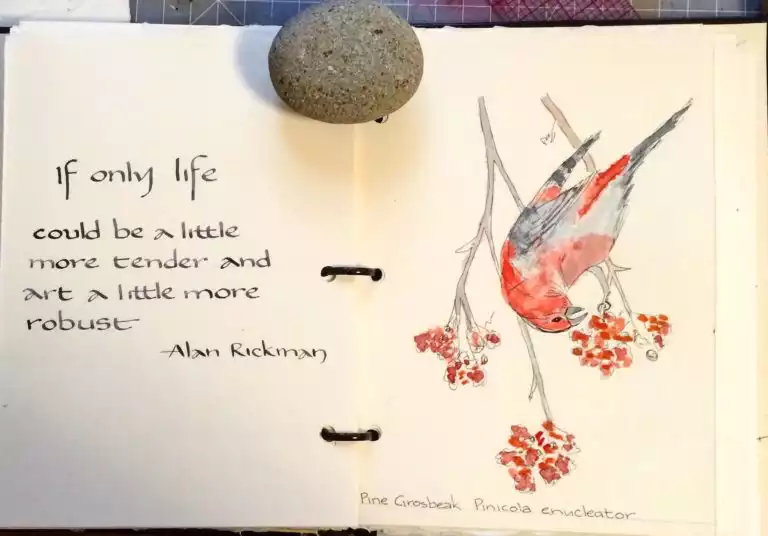
What we take away from an experience can morph over time. The secrets we all carry still are ours, even when we reveal them. I wrote these two sentences with some recent reading recommendations, which follow, in mind. I’m also thinking about experiences my colleagues and I had this past month while attending Book Expo, the largest annual publishing trade fair in America.
Book Expo fills the Javits Center in New York City with exhibitors, from publishers (large and small, traditional and emerging presses), to booksellers, to attendees, who are, simply described, professional book buyers. Conference organizers use a vetted application process to review and qualify all non-buying categories like self-published authors, bloggers, digital service providers and consultants. This year organizers report they registered a solid group of 7,425 attendees comprised primarily of booksellers, librarians and media. Education sessions and author talks and individual and group conversations on the exhibit floor spark enthusiasm for upcoming new titles and diverse authors and create strong connections between authors, librarians, booksellers, publishers and readers for three intense and packed days.
Overwhelmingly, staff members from our library who were able to attend Book Expo came home recharged and enthusiastic about the great crop of books being published for all ages, bringing back purchase recommendations based on what we saw and heard. We grew connections with publishers, who recognize that our daily interactions with our communities allow us to help grow and shape the industry. We connected with other librarians in Shout & Share sessions and Buzz panels. These experiences sustain us, personally and professionally, and won’t be forgotten, even if they fade a bit in time. We heard authors speak about their work and their beliefs, and waited to have brief one-on-one encounters with them in autograph sessions. Sometimes this “personal selling” goes a long way to create memorable connections, and may even lead to author programs and appearances at the library.
I was most touched by one author I met at Book Expo this year, Zoë Quinn, whose memoir, “Crash Override” will be published in September. A key figure in the Gamergate controversy swirling around issues of sexism, bullying and culture wars in the video game industry, Quinn spoke to a receptive group of librarians, followed by a tough session with publishers and a politically-charged room of attendees, looking at the questions: what responsibilities do publishers have when it comes to books by controversial writers professing what seem to be unpopular opinions? Is it wrong to provide a platform for someone who has been criticized for political views outside the acceptable norm? And is there an acceptable norm — or is this a conceit of an elitist, left-leaning publishing industry? I caught her at the autograph booth, clearly rattled and shakily human. She spoke briefly to me of trying to advocate and bring change to a resistant world, threats to her family, her own post traumatic stress disorder, and the effort it was taking to tour in support of her book. I’ve begun to read her memoir, now with a sense of the person who experienced and confronted the viscious online harassment that can still bubble up and haunt as Quinn’s secrets and the details play out in her narrative and daily life.
I’d also like to share three recent reading recommendations which, while unrelated, seem to mesh with the idea of changing views of our personal experiences and the idea of things kept hidden or unrevealed.
Katie Kitamura’s “A Separation” is a novel which fully revolves around an ambiguous situation. A man disappears. The women in his life pursue him. Don’t look for plot-driven action here. Many questions and twists cloud this narrative. Inner thoughts, expectations and motives are raised and lowered.
Donna Leon’s “Earthly Remains” puts a police official on a small island as refuge from the daily grind of unsolved crimes and bringing justice to the wronged and to the perpetrators of wrongs. Commissario Guido Brunetti takes a leave, retreating from the stress of his police job and the summer heat of Venice, to a solitary estate on a remote island, where he is drawn into the lives of the family caretakers. Leon’s suspense novels stand independently, whether you’ve read one, many, or this is your first in her Brunetti series. A great, moody mystery plot and setting share the pages with interior views into character, motivation and history, as details are uncovered and lives mesh. As Leon writes, “Grief lies inside us like a land mine; heavy footsteps will pass by it safely, while others, even those light as air, will cause it to explode.”
Elena Ferrante’s “Frantumaglia: a Writer’s Journey” weaves together unpublished letters, essays, answers to interviewees’ questions (published and unpublished) with reflections about writing, feminism, motherhood and politics from an international author who purposely chose to keep her personality and life secret and separate from the press even as she realized great success. This intimate unveiling is a counterpoint to Zoë Quinn’s tell-all memoir, drawing out sketches of a reclusive figure through celebral prose encounters which form a self-portrait of the author.
It’s wonderful when reading connects dots for the reader. These personal narratives offer a robust shot of Art while showing the brutality and tenderness of life. Enjoy!
“If only life could be a little more tender and Art a little more robust.” Alan Rickman
Drawing and calligraphy by Kathy Cary. You can also find her on Instagram.
